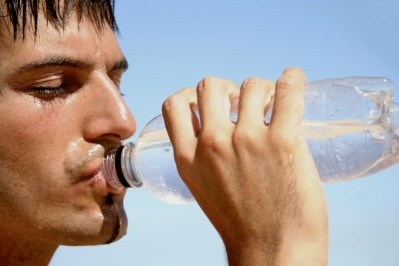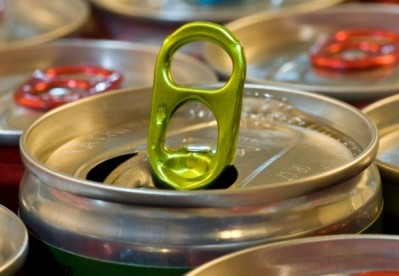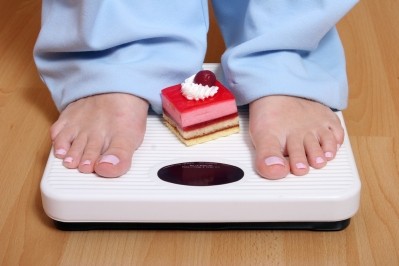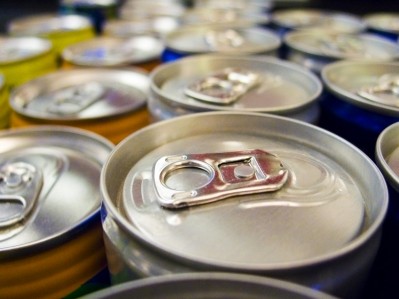Trade body shuns attack on energy drinks
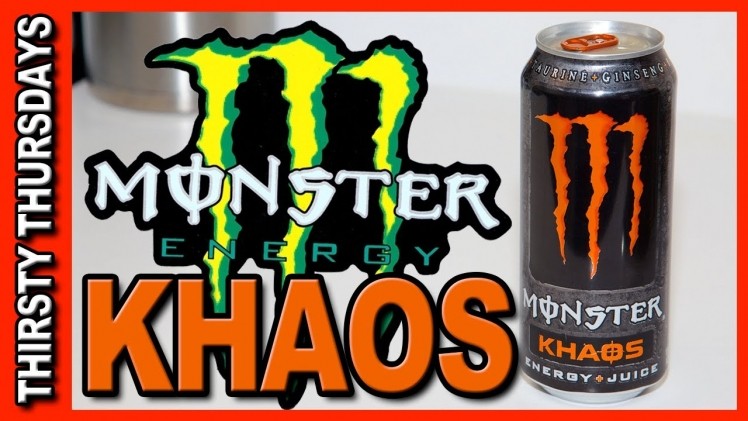
“These products are called energy drinks for a reason – they deliver a caffeine or glucose-based energy boost,” said BSDA director general Gavin Partington.
“They are now available in a variety of types, flavours and sizes, including a range of low- and no-calorie options, so that consumers have a much wider choice.
“BSDA members do not promote energy drinks to children under 16 and all products are clearly labelled in compliance with EU regulations.”
High sugar levels
Partington was responding to survey results released by Action on Sugar (AoS), which argued that because such drinks contained high caffeine, calorie and sugar levels they should not to be sold to children under 16.
The campaign group claimed its research indicated that energy drinks contained up to 20 teaspoons of sugar, or 78g in every 500ml serving.
That was more than three times the maximum recommended daily intake of free sugars for an adult according to guidelines from the Scientific Advisory Committee on Nutrition, it stressed. Rockstar Punched Energy + Guava Tropical Guava Flavour was the worst offender, reaching this milestone, it said.
There was no reason why energy drinks needed to have such high sugar levels, said AoS, citing Monster Khaos Energy + Juice as containing just 7.8g of sugar per 100ml.
Many energy drinks did not even clearly label the exact caffeine content per serving, but where it was labelled, some contained as much as two cups of coffee, AoS added.
Immediate action
There was no need for consumers to derive energy from added sugars and immediate action needed to be taken, given the escalating incidences of obesity and type 2 diabetes among young people, it said.
Graham MacGregor, AoS chairman and professor of cardiovascular medicine at Queen Mary University of London, said: “Children are being deceived into drinking large cans of this stuff, thinking they are going to improve their performance at school, during sports, or even on a night out.
“In reality all they are doing is increasing their risk of developing obesity or type 2 diabetes which will have lifelong implications on their health. Type 2 diabetes is a leading cause of blindness, limb amputation and kidney dialysis – hardly the image of a healthy, active person.”
AoS analysed 197 energy drinks from UK retailers between January and February this year to come up with its findings. Of those, 78% would receive a red traffic light label for sugars per serving, it said.
